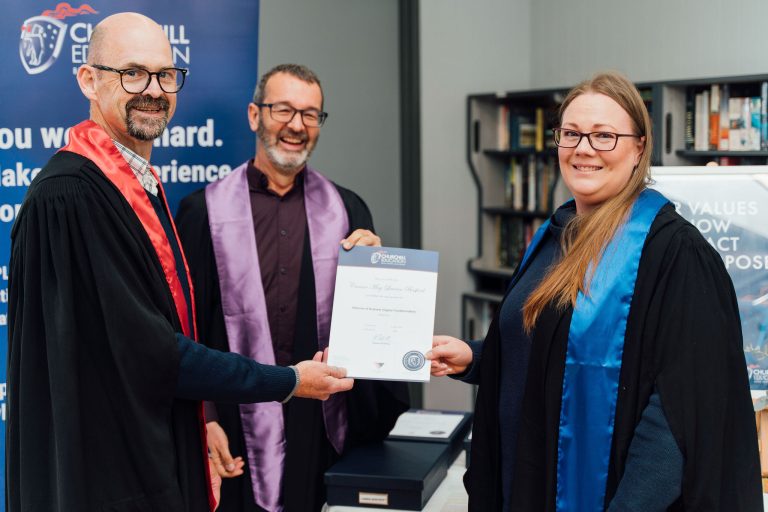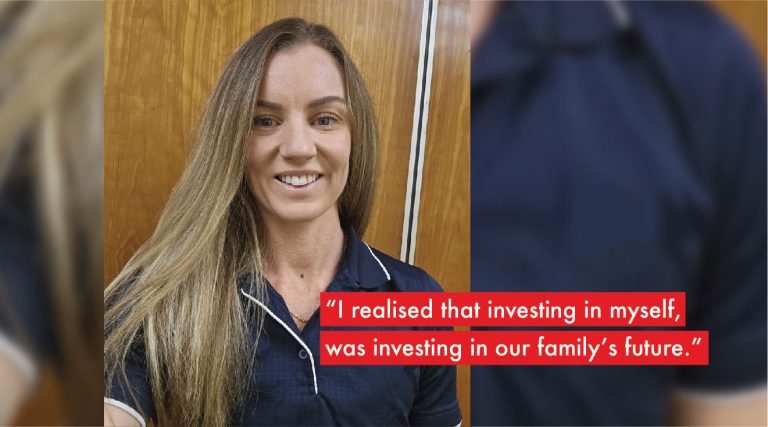It’s the question that never seems to have a satisfactory answer: How do we achieve work-life balance?
In this age of 24 hour communication, mobile phones glued to your ear, emails pinging through at all hours of the day and night; is there any way to remain slightly sane, maintain any sense of truly personal time in a society of work that never ends?
Work-life balance is something that we take very seriously at Churchill Education; both internally and for our students.
Our primary purpose is to help people reach the achievement level they deserve. So, the last thing we want to see is those students heading out into a career that swamps their time and enjoyment!
So, how to tackle this issue?
We’ve put our heads together and come up with our two golden nuggets of advice top tips – big, small and ALL utterly do-able – on how to make the juggle a little less daunting.
Draw a Line
As Eric Barker in his article on this subject, explains,’The happiest people are not people who don’t have a care in the world. Those people are bored. Research shows that the happiest people are busy- but don’t feel rushed, a feeling of control is key.’
Find out what you’re eligible for
But how do you gain the feeling of control? It’s actually simple really. It’s all to do with prioritising your time.
Our favourite way of making this a no-brainer activity is to stick up the following categories on the wall beside your computer:
- Urgent
- Important but not urgent
- Urgent but not important
- Neither urgent nor important
Every time a task is placed on your desk, or appears in your Inbox, mentally (or on paper, if you prefer!) put it into the most appropriate category of those above. Be brutal and honest. It may be something that you would enjoy doing, but is it urgent? It may be a great idea but is it really important at this moment in time?
Before you know it, you will have your ‘To Do’ list neatly filed under these sections. Here’s what you do with them:
- Urgent and Important? This is the stuff you will need to do now. So prioritise this. (But don’t worry, the longer you work this system, the shorter your ‘Urgent and Important’ list will become!)
- Important but not Urgent? This is the GOLD stuff. This is the stuff of planning, strategy and the key to making your working life much more manageable in the future. Get this stuff done in advance, then your ‘Urgent and Important’ list will begin to diminish. .. The best strategy for ensuring that you achieve these projects whilst also nailing your urgent pile, is to set aside specific timeslots in your week (one a day, if possible) to work on these. The more you can pre plan, the easier things will get!
- Urgent but Not Important? This is the stuff that needs to be delegated. It is not the best use of your time. Speak to your Manager to see how these tasks can be shared out.
- Neither urgent nor important? Open a new folder on your Desktop. Name it ‘One Day”. File all of these projects and ideas here. One day, when you have the time, you can tackle these! These are the tasks that you can easily slip into after achieving your ‘Urgent and Important’ stuff: You know what I mean, something relaxing and unimportant as a ‘prize’ for completing the hard graft – organising your Outlook filing, anyone? Seriously, this type of task eats away at your time and leaves you working overtime to complete the tasks that actually do have a deadline. Ship it out into your ‘One Day’ folder and DON’T TOUCH until you actually have time!
Trust us, this works. Not only will your priorities be clear, you will find that your new focus and control over how to approach your workload allows you more time to get stuck into the big stuff and spend fewer lunch hours sweating the small stuff.
Do you have the right fit?
So, what happens if you’ve tried prioritising and still feel as if you’ve hit a time wall? Work is still dominating your time and your thoughts, allowing you no freedom for the life you need outside of the office mindset.
The issue here may not be how you are approaching your job, but the job itself.
We’re all familiar with the phase ‘work to live,’ but we need to both feel in control and have a sense of enjoyment and achievement around our job, if we are to gain fulfilment in our lives as a whole.
Could it be that all tasks feel overwhelming simply because you don’t gain a sense of fulfilment from them? Are they not challenging enough? Are they the wrong fit with what you really want to be doing? Are the requirements and hours of your job at odds with the responsibilities of your personal life?
Sometimes, achieving the work-life balance you want means having a hard, objective look at the job you are in. Your skills, talents and passion may be the perfect fit for a slightly different career path than the one you are currently following.
Having someone listen to your dreams, ambitions and ideal work-life balance scenario, also to look at your experience and skill set, can open the door to opportunities you may have never considered. Here at Churchill Education, we spend all the time you need to discuss where you want to be and how your existing experience can gain the qualification you need to get there without having to go back to college (which would eat even more into your personal time!) Even if you’re unsure about whether you already have the skills to move role, we offer online training, fully supported by your own personal mentor to get you where you need to be.
If you would like to find out more about how we can widen your career options, call us now on 1300 793 002 and speak to one of our Skills Development Advisors who are experts in finding the right option for you!








